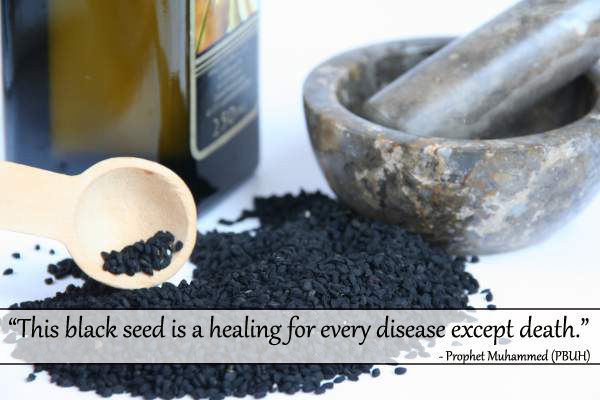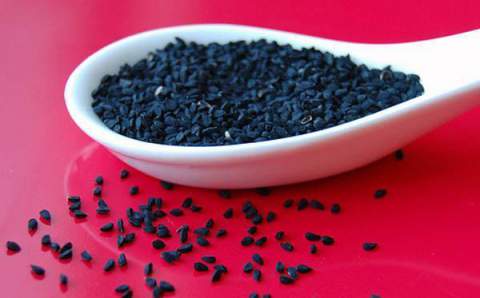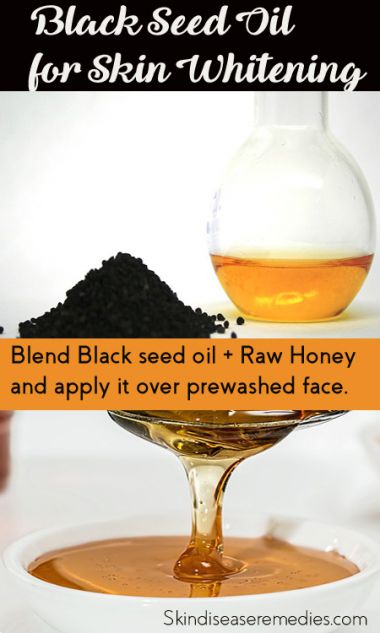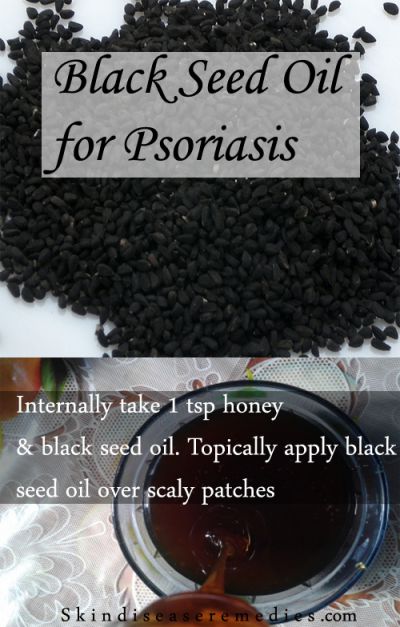
Unsightly appearance of acne is really frustrating and you’re not alone.
Official report states that nearly 50 million Americans had acne at least once in their lifetime. Fortunately, you can use black seed oil for acne and fade acne scars.
However, the action plan of most people involves pricey chemical peels. Though cosmetic industries claim to treat pimples repeated application of these products make your skin look dull.
Black seed oil for pimples is effective and safe because it is packed with assorted nutrients that your skin needs.
What Causes Acne?
Hormonal imbalance triggers secretion of excess sebum, which gets blocked at skin pores. Dead cells combine with excess oil resulting in blackheads/whiteheads.
P.acnes bacteria feed on these dead cells piled over your face and make acne inflammation worse. (Source)
Is Black Seed Oil Good for Acne?
Also known as black cumin seed or small fennel, benefits of black seeds are documented in religious scriptures. The Prophet Muhammed (PBUH) regarded black cumin seeds as a miracle cure for all health ailments.
Even scientific studies backed therapeutic uses of this natural ingredient. (Source)
- The anti-inflammatory property of black cumin seed oil can effectively reduce acne inflammation.
- Antioxidant activity exhibited by black seed oil thwarts free radicals and stimulates cell regeneration.
- Vitamin A packed in black cumin seeds help to unclog blocked skin pores, improve epidermis layer and reduce swelling of pimples.
- Omega -3 fatty acids housed in it moisturize your skin and fasten the healing of acne blemishes.
- Vitamin C packed in it enhances collagen production, improves skin texture, reduce the appearance of fine lines and acne scars.
- B-complex vitamins help to retain moisture and improves uppermost layer of your skin.
- Assorted properties in this natural oil help to inhibit melanin production and make your skin radiant.
- Apart from acne, topical application of this home available oil can treat eczema and psoriasis. (Source)
- Vitamin A and amino acids help to reduce acne scars and dark spots.
- Zinc in this home available seeds restrains infectious bacteria and clear acne blemishes.
How to Use Black Seed Oil for Acne?
There are different ways to use black cumin seed to treat acne. But, you must make sure you use only 100% pure oil for positive results. Depending on your skin type select any one recipe from below methods.
#1 Black Seed Oil
Initially, cleanse your face to remove dead cells and excess sebum accumulated over it.
Use water or gram flour mask to wipe impurities. Also, expose your face to steam, so that blocked skin pores open up for the face mask treatment.
Take required amount of black seed oil and gently massage all over the face and leave it to dry naturally.
Try this simple remedy before going to bed.
#2 Honey and Black Cumin Seeds for Acne
Antibacterial, anti-inflammatory and hydrating abilities of raw honey can effectively treat acne. Its humectant property locks moisture over the skin and avoids dry skin.
- Slightly heat black cumin seeds and finely ground it.
- Add required amount of raw honey to the grounded powder and mix thoroughly.
- Wash your face as mentioned above and apply this face mask evenly.
- Leave for 15-20 minutes and then rinse it off with water.
#3 Apple Cider Vinegar and Black Cumin Seeds
Anti-inflammatory activity of ACV reduces inflammation, redness, and swelling of acne blemishes.
Astringent property packed in ACV dries pimples and its anti-bacterial agents thwart bacterial infection.
Further, it restores the pH level of skin and fastens the healing process of pimples.
Note: You must stop using ACV if your skin experience irritation.
- Mix finely grounded black cumin seeds and add ACV to it.
- Apply the mixed mask over affected skin.
- Rinse it off with water after 15 minutes.
Instead of black seeds, you can mix aloe gel, olive oil or water with ACV to treat acne.
Important Note: For best results steep ACV and black cumin seeds for few hours before topical application.
#4 Black Cumin Seed Oil for Acne
Ingesting black cumin seeds help to strengthen the immune system, which in turn helps to avoid excess production of oil.
- Take hot water and add 2 tablespoons of black seed oil to it.
- Now expose your face towards the steam.
- Antibacterial and anti-inflammatory properties treat acne by unclogging skin pores.
#5 Sesame Oil and Black Seed Oil
Like all innate ingredients listed here, sesame oil also packed with antioxidant, anti-inflammatory, antibacterial and healing abilities that can effectively treat acne.
Assorted nutrients in this oil help to block UV rays and guard your sensitive skin.
- After cleansing your acne affected face, pat dry with a soft cloth.
- Now mix sesame oil and black seed oil in equal quantities.
- Use a cotton ball to apply this oil mask on pimples.
- Leave it to dry naturally.
#6 Lemon and Black Seed Oil for Acne Scars
Antibacterial and anti-inflammatory abilities housed in lemon juice fight acne inflammation. Also, its bleaching property reduces the appearance of acne scars.
Acidic property exhibited by lemon helps to exfoliates dead cells and sebum piled over the skin.
Astringent activity residing in lemon juice help to shrink large skin pores and dries acne lesions.
- Add few drops of lemon juice to required amount of black seed oil.
- You can also add honey to this solution.
- After mixing thoroughly, apply it over acne affected skin.
- Rinse it off after 15-20 minutes.
Note: Excess use of lemon juice can make your skin sensitive to sunlight.
#7 Black Seed Oil and Olive Oil
Antioxidant agents housed olive oil lightens the appearance of acne scars. Its anti-inflammatory property reduces swelling and redness of acne lesions.
Essential fatty acids and vitamin E present in olive oil help to retain natural moisture over the skin.
Vitamin D, E, and K together with other nutrients help to boost your immune system and avoid acne breakouts.
- Take equal quantity of virgin black seed oil and olive oil in a bowl.
- Wash your face with water and pat dry.
- Apply the mixed oil and leave it to dry naturally. (Source)
Apart from topical application, you can ingest black seed oil to treat acne and health ailments. Instead of oil, I personally recommend black cumin seeds mixed with honey for internal consumption.
However, to reap its nutritional benefits for the skin you’re advised to topically massage its oil.
Tips on Using Black Seed Oil for Acne
- There are very few women who complain about issues with black seed oil during menstruation. So it’s better to patch test before you ingest or apply this natural oil.
- Also, stop its use if you experience an allergic reaction after using it.
- Make sure you use only pure black seed oil.
- Also, you shouldn’t try ingredients with this oil that can irritate your skin.
Like every home remedy, just topical application of black seed oil alone can’t work. You must practice a healthy lifestyle. Eat vitamin rich diet and drink enough water.
Don’t stress yourself; beauty is within your heart. 🙂




